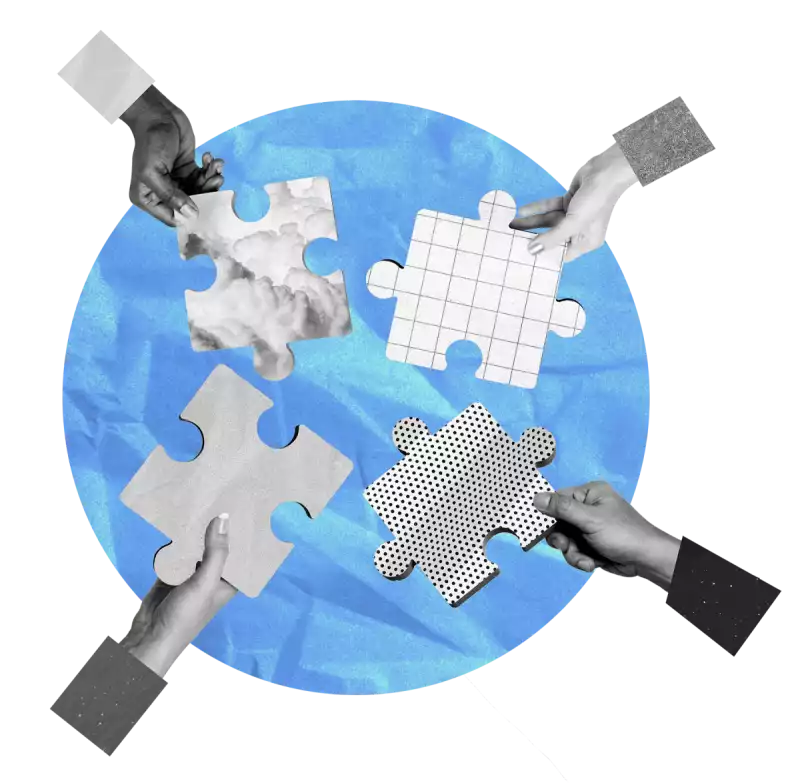Extractive Industries Transparency Initiative (EITI)
Extractive Industries Transparency Initiative (EITI)
Mission
Promote the understanding of natural resource management, strengthen public and corporate governance and accountability, and provide the data to inform policymaking and multi-stakeholder dialogue in the extractive sector
Goals
The Extractive Industries Transparency Initiative (EITI) is a global coalition of governments, companies and civil society working together to improve openness and accountable management of revenues from natural resources.
The EITI came about in an environment of increasing pressure from civil society organisations in the late 1990s for transparency in the payments and revenues stemming from the extractive industry. In 2003, the 12 EITI Principles, focusing on the need for transparent management of natural resources, were developed.
The initiative's main goals are to:
- Set a global standard for companies to publish what they pay and for governments to disclose what they receive;
- Strengthen governance in resource-rich companies by improving transparency and accountability in the extractive sector;
- Level the playing field for companies;
- Ensure that civil society receives reliable information about the extractive industries sector.
Stakeholders
By becoming a member of EITI, countries commit to disclose information along the extractive industry value chain – from how extraction rights are awarded, to how revenues make their way through government and how they benefit the public. Through participation in the EITI, more than 50 countries have agreed to a common set of rules governing what has to be disclosed and when – the EITI Standard.
In each country that has joined the EITI, a multi-stakeholder group, composed of government, companies and civil society, supports implementation of the EITI Standard.
Companies involved in the extraction of oil, gas, and minerals are key participants in the EITI process. This includes both state-owned and private companies. Companies commit to disclosing payments made to governments, such as taxes, royalties, and other fees. They also engage in the multi-stakeholder dialogue to discuss how their activities contribute to the local economy and public welfare.
CSOs participate in the multi-stakeholder group to oversee the implementation of the EITI Standard. They advocate for public access to the disclosed data, ensuring that it is used to promote good governance and public accountability. They also use EITI reports to highlight corruption risks and governance gaps.
EITI also engages with international organisations, development partners, and financial institutions, including the World Bank and regional development banks. These institutions often provide financial and technical support to help countries implement the EITI standard.
Activities
The EITI Standard (https://eiti.org/eiti-standard) is the global benchmark for transparency and accountability in the oil, gas, and mining sectors.
As a framework for disclosure and multi-stakeholder oversight, the EITI Standard is designed to empower governments, industry and civil society to promote understanding of natural resource management; strengthen public and corporate governance and accountability; and provide the data to inform policymaking and debate.
More than 50 countries have committed to strengthening transparency and accountability of their extractive sector management by implementing the EITI Standard.
Countries are assessed on their progress in meeting the requirements of the EITI Standard through Validation, the EITI's quality assurance mechanism.
EITI’s activities also include providing data and supporting reforms that improve governance and reduce corruption risks in the extractive industries. By engaging a wide range of stakeholders, EITI fosters multi-stakeholder dialogue, enhances public scrutiny, and promotes policy reforms that ensure natural resource wealth is managed responsibly.
As global economies shift towards renewable energy, EITI also plays a role in improving transparency in the production of critical minerals for the energy transition. Additionally, initiatives like Opening Extractives focus on beneficial ownership transparency, revealing who truly benefits from natural resource extraction, thereby addressing corruption and illicit financial flows.
Through these efforts, EITI helps ensure that natural resource wealth contributes to sustainable development and public welfare.
This information is gathered from open-source data and in some cases has been provided by initiative facilitators. We cannot guarantee the accuracy or completeness of the information and do not take responsibility for decisions made on the basis of it. Please inform us of any errors by emailing us.
Start Year
Status
- activeThe initiative or project is currently being worked on.
Countries Operations
Countries Host
Scope
- globalInitiative that is explicitly global in focus and mandate - i.e. not pertaining to specific countries.
Industry
Stakeholders
- Private sectorPrivately owned commercial (for-profit) entities of all sizes, including SMEs
- Public sectorNational and sub-national, local government entities, agencies from all branches (policy-making, executive, adjudication)
- Civil societynon-governmental organisations (national or international), foundations funded by private entities, faith-based organisations, Professional associations, Industry associations, Chambers of Commerce, Local Global Compact Networks
Type
- Engagement-focused initiativeJoint declarations of intent, Joint capacity and learning initiatives, Industry-specific working groups, Joint events/awareness raising, Joint activities and integrity tools
- Standard-setting initiativeCodes of conduct, Industry/country anti-corruption policies/compliance standards, Self-assessments tools and mechanisms/methodologies, Implementation tools
Linked resources
Related Initiatives
Need help understanding the terms and categories used in this initiative?
View Methodology & Definitions










